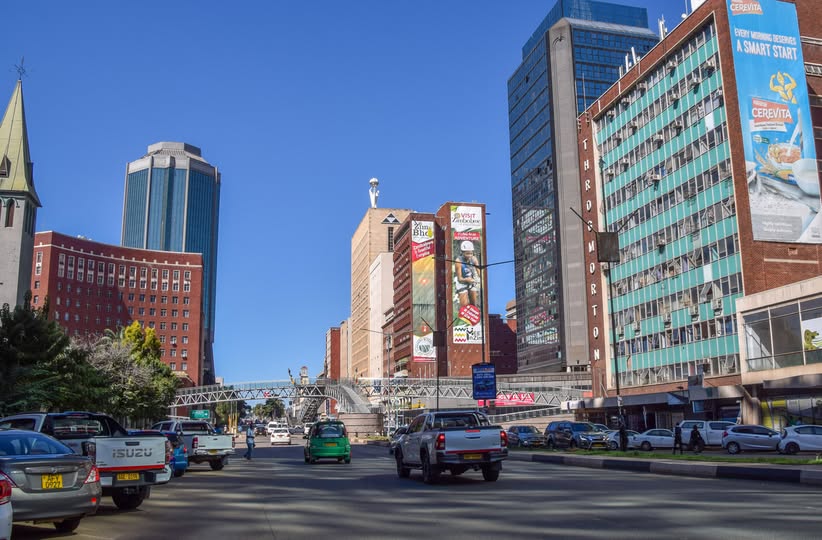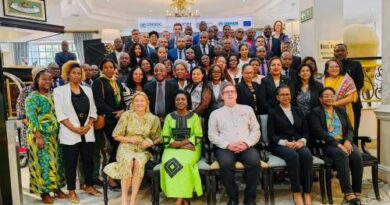IMF Completes Staff-Monitored Program Discussions with Zimbabwe
The International Monetary Fund (IMF) has concluded its latest mission to Zimbabwe, advancing discussions on a Staff-Monitored Program (SMP) aimed at stabilizing the economy and supporting the country’s debt resolution efforts. The mission, led by IMF official Wojciech Maliszewski, assessed Zimbabwe’s economic performance and policy measures amid ongoing fiscal challenges.
According to the IMF, Zimbabwe’s economic growth slowed significantly in 2024, dropping from 5.3% to 2% due to the El Niño-induced drought, which reduced agricultural output by 15%. Other contributing factors included decreased electricity production and falling prices for key mineral exports like platinum and lithium.
However, strong remittances helped maintain economic activity, especially in domestic trade, services, and construction, leading to an estimated current account surplus of US$500 million (1.4% of GDP).
Despite economic pressures, the Zimbabwean government managed to limit the 2024 budget deficit to 1% of GDP, thanks to strong revenue collection. However, the transfer of the Reserve Bank of Zimbabwe’s (RBZ) quasi-fiscal operations to the Treasury led to increased fiscal strain. This resulted in the accumulation of domestic expenditure arrears, prompting the government to implement emergency spending cuts.
Looking ahead, the IMF projects Zimbabwe’s economy to grow by 6% in 2025, with improved agricultural output expected due to better climate conditions and a projected increase in global trade activity. In response to these challenges and opportunities, the Zimbabwean government has requested an SMP to support economic stabilization and re-engagement with international creditors.
The SMP will focus on four key areas: fiscal discipline to avoid excessive government borrowing, addressing off-budget fiscal risks such as those linked to the Mutapa Investment Fund, strengthening the monetary policy framework for the ZiG currency, and enhancing economic governance to improve transparency and accountability.
While Zimbabwe continues its Structured Dialogue Platform (SDP) with international creditors, the IMF made it clear that it cannot currently provide financial assistance due to Zimbabwe’s unsustainable debt and official external arrears. Any future IMF financial support would require a clear debt restructuring plan and strong policy commitments from the Zimbabwean authorities.
During the mission, IMF representatives engaged with top government officials, including Finance Minister Prof. Mthuli Ncube, RBZ Governor Dr. John Mushayavanhu, and senior government officials. The delegation also held discussions with members of Parliament, private sector stakeholders, civil society, and international development partners.
The IMF reaffirmed its commitment to providing policy guidance and technical support in areas such as revenue collection, financial supervision, debt management, and economic governance.
Zimbabwean authorities expressed optimism that the SMP would enhance policy credibility, support economic reforms, and help restore investor confidence in the country.



